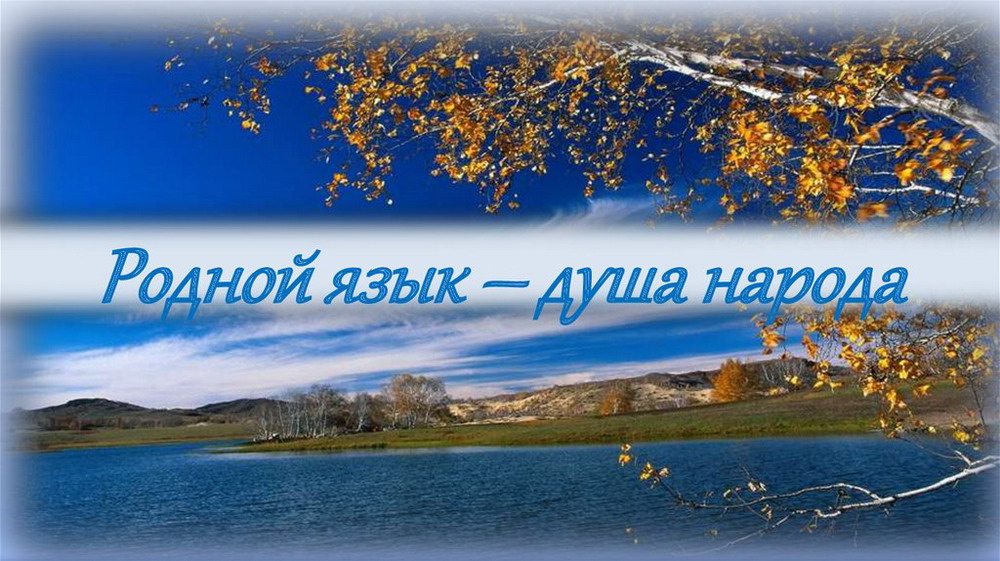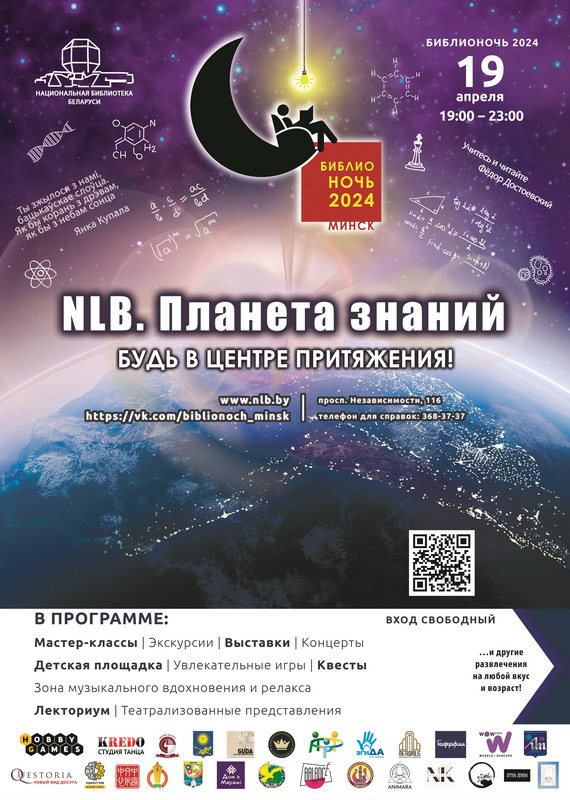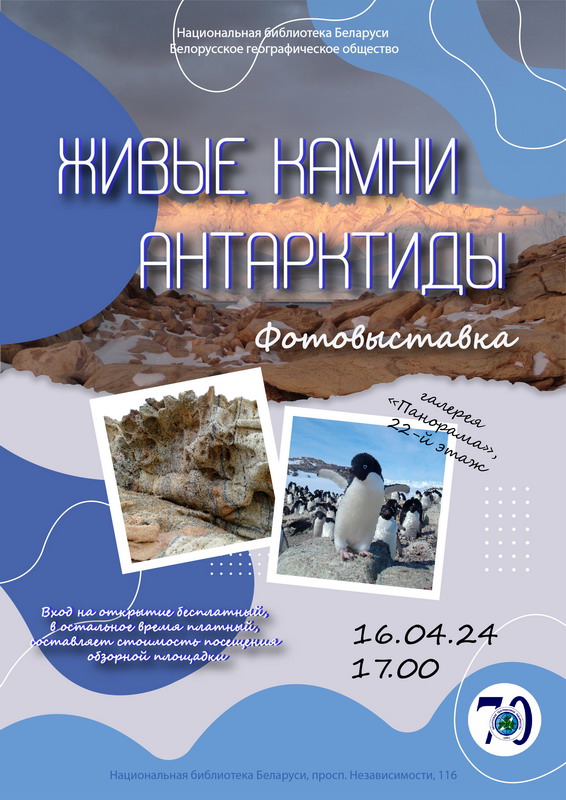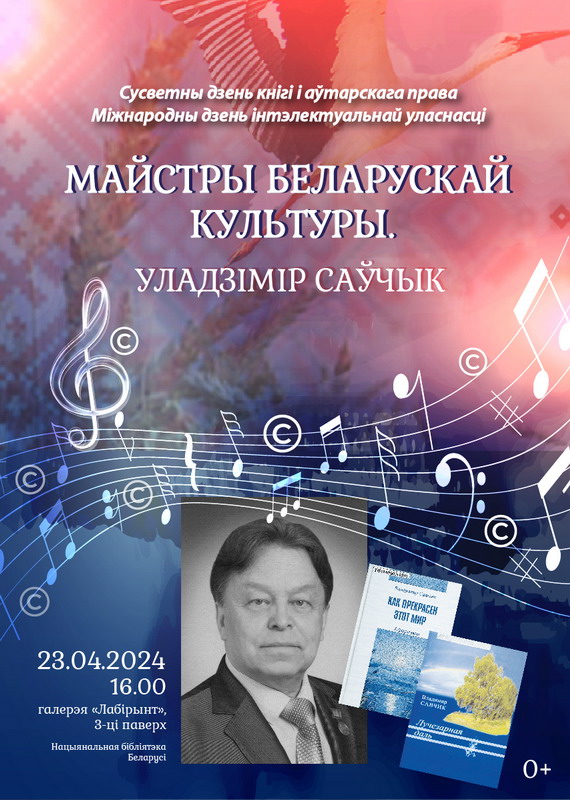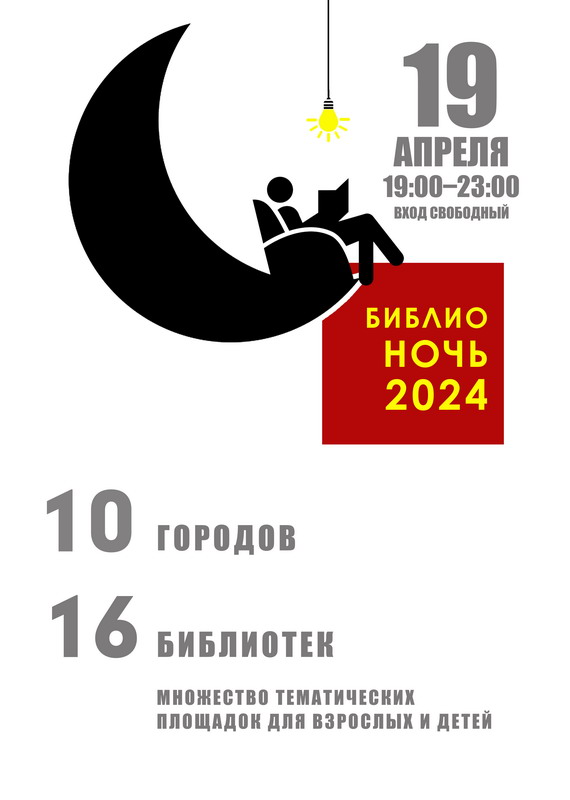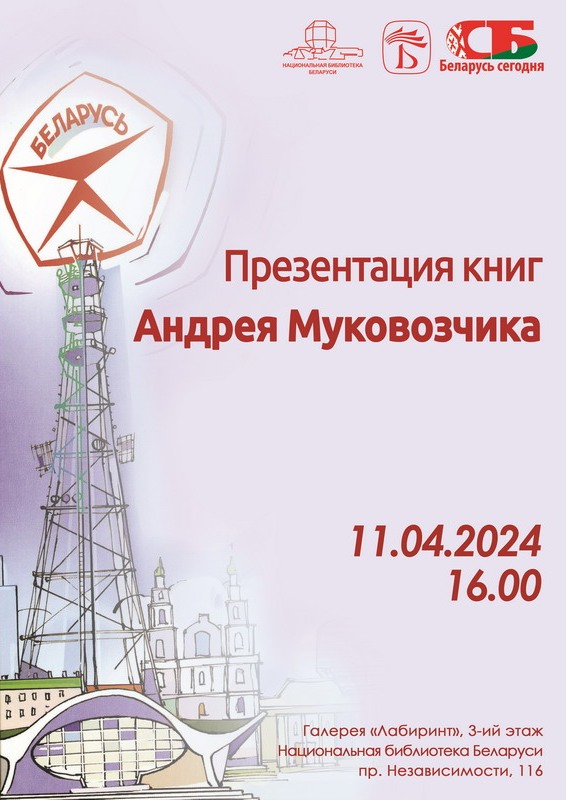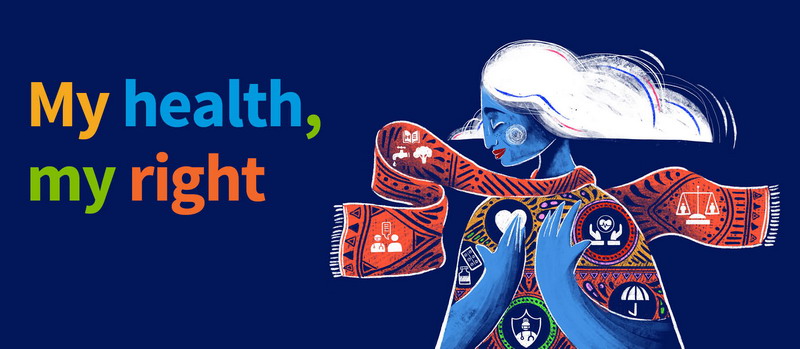Date
Time
Location
The Mother Tongue Is the People’s Living Soul exhibition, timed to the International Mother Language Day, runs in the international organizations reading room (207g), from February 15 to March 17.
The idea to celebrate International Mother Language Day was the initiative of Bangladesh. It was approved at the 1999 UNESCO General Conference (resolution Α/RES/56/262) and has been observed throughout the world since 2000. In Bangladesh the 21 February is the anniversary of the day when Bangladeshis fought for recognition for the Bangla language.
Languages, with their complex implications for identity, communication, social integration, education and development, are of strategic importance for people and planet. Yet, due to globalization processes, they are increasingly under threat, or disappearing altogether. When languages fade, so does the world's rich tapestry of cultural diversity. Opportunities, traditions, memory, unique modes of thinking and expression — valuable resources for ensuring a better future — are also lost.
At least 43% of the estimated 6000 languages spoken in the world are endangered. Only a few hundred languages have genuinely been given a place in education systems and the public domain, and less than a hundred are used in the digital world.
International Mother Language Day has been observed every year since February 2000 to promote linguistic and cultural diversity and multilingualism. Languages are the most powerful instruments of preserving and developing our tangible and intangible heritage. All moves to promote the dissemination of mother tongues will serve not only to encourage linguistic diversity and multilingual education but also to develop fuller awareness of linguistic and cultural traditions throughout the world and to inspire solidarity based on understanding, tolerance and dialogue.
Every two weeks a language disappears taking with it an entire cultural and intellectual heritage. Linguistic diversity is increasingly threatened as more and more languages disappear. Globally 40 per cent of the population does not have access to an education in a language they speak or understand. Nevertheless, progress is being made in mother tongue-based multilingual education with growing understanding of its importance, particularly in early schooling, and more commitment to its development in public life.
Multilingual and multicultural societies exist through their languages which transmit and preserve traditional knowledge and cultures in a sustainable way.
Belarus is a multi-ethnic state with more than 140 ethnic groups. Our state policy is based on the recognition and respect for all languages, the promotion of linguistic diversity and cultural traditions based on mutual understanding, tolerance and dialogue. The Belarusian authorities provide for education in various national languages. The state pursues a consistent policy to support and develop the Belarusian language, preserve the cultural heritage of Belarusians and the best features of the Belarusian character.
The materials presented at the exhibition will acquaint the reader with the efforts made by governments, agencies of the United Nations system and civil society organizations to preserve, respect, encourage and protect languages, especially endangered ones.
The exhibition features over 80 publications in Russian, Belarusian and English: books, periodicals, brochures, booklets, mimeographed materials.
The exposition includes the thematic sections as follow:
- Languages and their role in the preservation and development of tangible and intangible heritage
- International regulations encouraging the development of linguistic diversity
- Language, society, education, and intercultural communication problems
- Language and multilingualism in the era of globalization and global communication
- Language policy and development prospects of the Belarusian language in the Republic of Belarus
The exhibition is designed to linguists, philologists, employees of cultural and art institutions, historians, as well as a wide circle of readers interested in linguistic and cultural diversity.
Useful links
- The International Mother Language Day (UNESCO)
- The International Year of Languages
- Multilingualism
- Report of the international expert group meeting on indigenous languages
- The Foundation for Endangered Languages (FEL)
- The International Mother Language Day (United Nations)
- The United Nations Russian Language Day (6 June)
- Mother tongue based on multilingual education
- International Day of the World's Indigenous Peoples
- The United Nations Literacy Decade
- 2019 International Year of Indigenous Languages
- The international Mother Language Day 2019
Documents
- The UN Assembly resolution proclaiming “International Mother Language Day” (A/RES/61/266)
- UNESCO activities: an interim report (A/63/349)
- The Convention for the Safeguarding of the Intangible Cultural Heritage
- The UNESCO Convention on the Protection and Promotion of the Diversity of Cultural Expressions
- Convention against Discrimination in Education
- The UNESCO Universal Declaration on Cultural Diversity
- The Recommendation concerning the Promotion and Use of Multilingualism and Universal Access to Cyberspace
- Международный пакт о гражданских и политических правах
- The Declaration on the Rights of Persons Belonging to National or Ethnic, Religious and Linguistic Minorities
- The United Nations Declaration on the Rights of Indigenous Peoples
The opening hours of the exhibition correspond to the library’s opening hours.
Admission is by library card or by ticket of the library's social and cultural center. Information and tickets may be obtained at the registration desk.
For more info: (+375 17) 293 27 34.
Material provided by the Official Documents Service department.

